Welcome!
I'm Stephanie, an international school counselor and traveler.
As a school counselor at international schools,
I get to do the best job in the world
with students from all around the world!
I also have the opportunity to travel to places that I once only dreamed of visiting.
I'd like to share my adventures, both professional and personal, with you!
As a school counselor at international schools,
I get to do the best job in the world
with students from all around the world!
I also have the opportunity to travel to places that I once only dreamed of visiting.
I'd like to share my adventures, both professional and personal, with you!
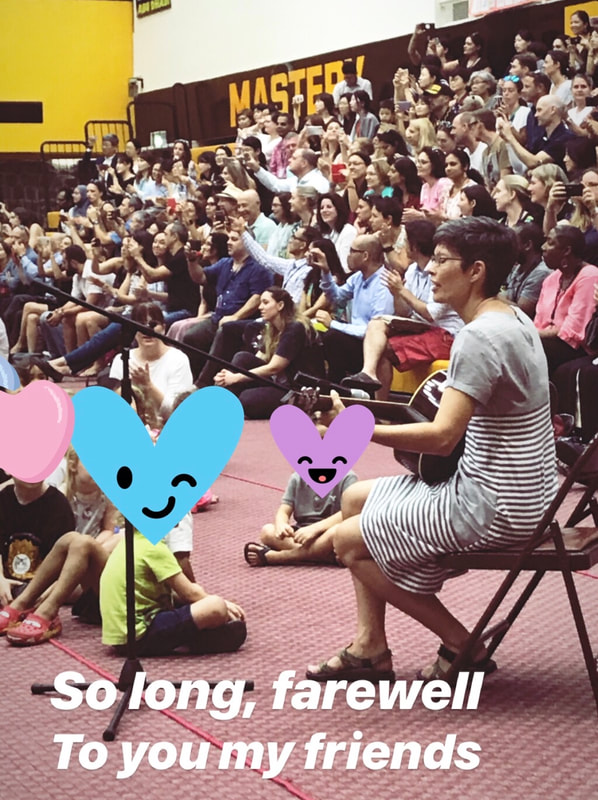
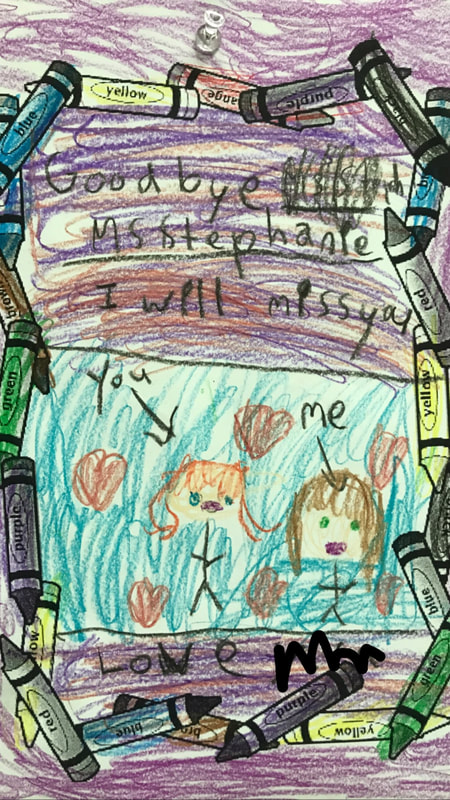
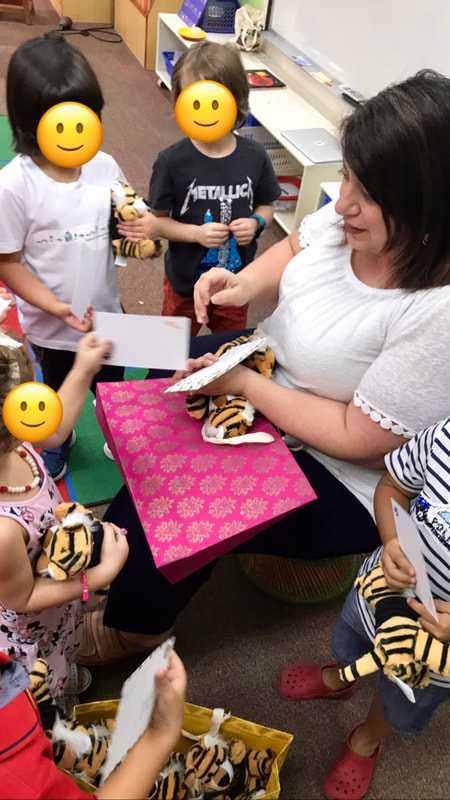
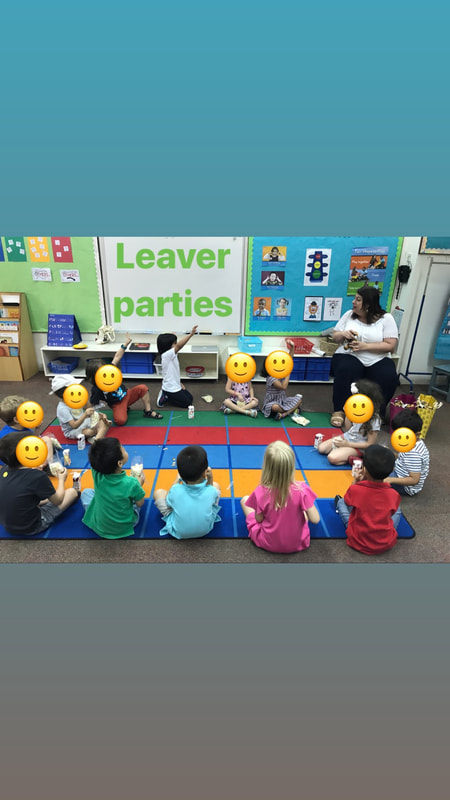
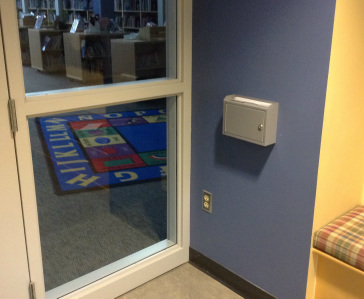
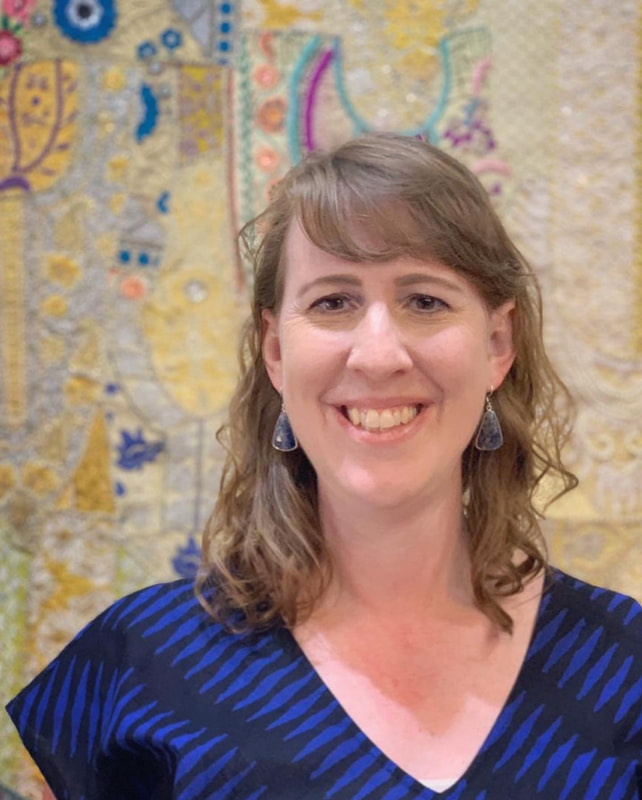
 RSS Feed
RSS Feed
